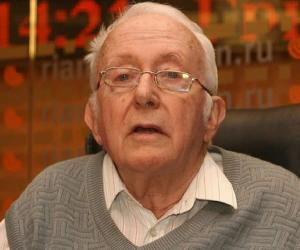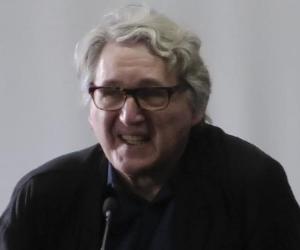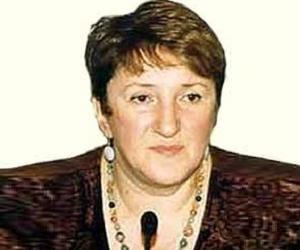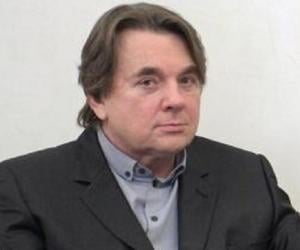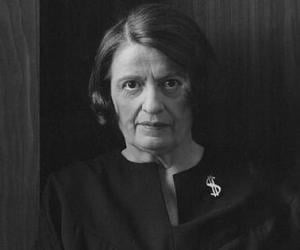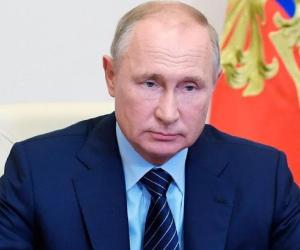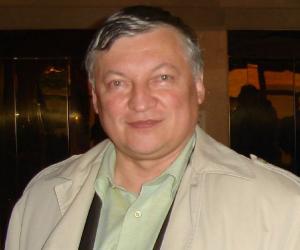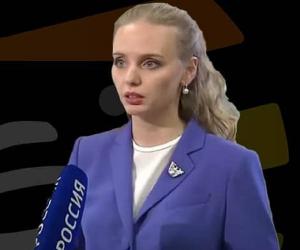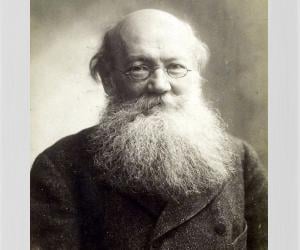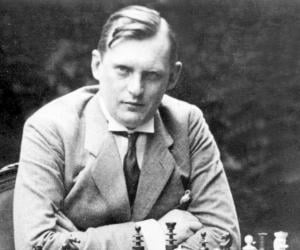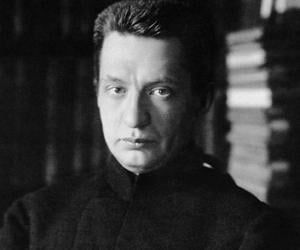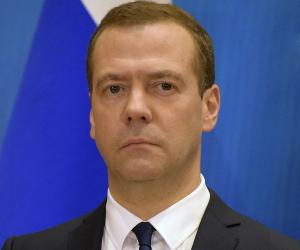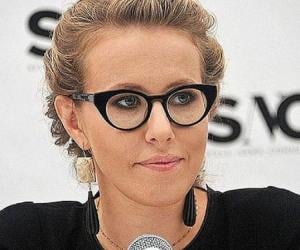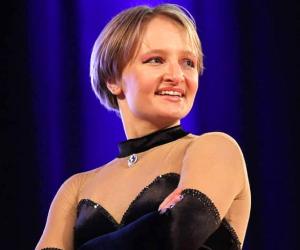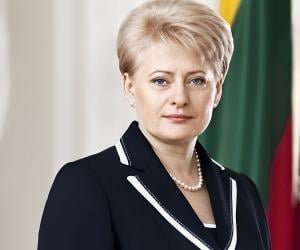Ayn Rand was a Russian-American philosopher and writer. Apart from publishing two best-selling novels, Ayn Rand is credited with developing a philosophical system called Objectivism. Over the years, Ayn Rand has been a major influence among American conservatives and libertarians. Some of the famous personalities influenced by her include Amber Heard, Vince Vaughn, Jimmy Wales, Ayelet Shaked, and Mary Ruwart.
The current President of Russia, Vladimir Putin is a popular politician, with the highest approval rating of any leader in the world as of July 2020. As a high-level politician who has the support of his citizens, he is a powerful figure in world politics. He has been accused by human rights organizations of persecuting political critics and activists.
Russian chess grandmaster, Anatoly Karpov, was the official world champion from 1975 to 1985, before finally being defeated by Garry Kasparov. With over 160 first-place finishes, Karpov is widely considered one of the greatest players in history. Since his retirement, he has involved himself in several humanitarian causes. He has an extensive stamp collection.
Russian philosopher Peter Kropotkin was a passionate advocate of anarcho-communism. He was also an activist, revolutionary, economist, and sociologist. He was arrested and imprisoned for his activism in 1874. However, he managed to escape and lived in exile for over 40 years in different countries across Europe. He returned to Russia after the Russian Revolution in 1917.
Alexander Alekhine was a French and Russian chess player renowned for his imaginative and fierce attacking style. He also possessed great positional and endgame skill, which he used effectively to reign as the World Chess Champion from 1927 to 1935 and then from 1937 to 1946. Also a theoretician, Alexander Alekhine innovated several opening variations, including the Alekhine's Defence.

Alexander Kerensky was a Russian revolutionary and lawyer who played a major role in the Russian Revolution of 1917. Alexander Kerensky is often portrayed in films and TV series. In the 1971 epic historical drama film Nicholas and Alexandra, he was played by John McEnery. In the 2019 series The Last Czars, he was portrayed by Kestutis Cicenas.
Dmitry Medvedev, the Deputy Chairman of the Russian Security Council, has also been the prime minister and president of Russia. Born to teacher parents, he was an intelligent child and began studying his father’s encyclopedia in third grade. He is known for his support of the nuclear disarmament treaty.
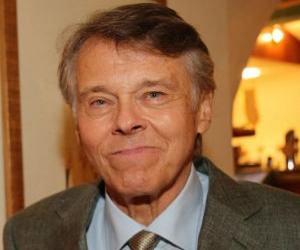
Ksenia Sobchak is a Russian TV anchor, journalist, actress, socialite, and public figure. The daughter of popular Russian politicians, Sobchak achieved popularity when she started hosting the popular reality TV show, Dom-2. In 2018, at the age of 36, she was chosen as the Civic Initiative's presidential candidate, becoming the youngest presidential candidate in the history of Russia.
Katerina Tikhonova is a Russian acrobatic dancer who finished fifth at a world championship event held in Switzerland in 2013. The daughter of Vladimir Putin, Tikhonova serves as director of the National Intellectual Reserve Centre (NIRC) and National Intellectual Development Foundation (NIDF), which are initiatives of Moscow State University.
Dalia Grybauskaitė became the first female president of Lithuania and the first to be re-elected. Popularly known as Lithuania’s Iron Lady and often compared to Margaret Thatcher, she has also been the UN Commissioner of the Year. A black belt in karate, she has mastery over four languages.
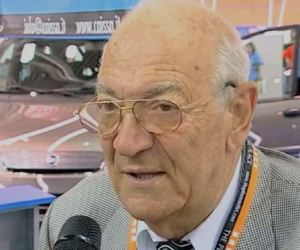
Viktor Korchnoi was a writer and chess grandmaster. He is widely regarded as one of the best players never to have achieved the World Chess Championship title. He played chess until old age and became the oldest player to be ranked in the top 100 players list when he won the World Senior Chess Championship in 2006 at age 75.
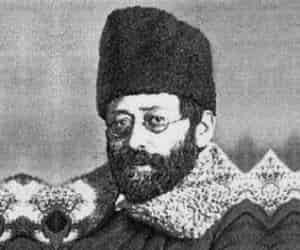
Russian revolutionary and politician Julius Martov was a prominent leader of the Mensheviks. A close associate of Vladimir Lenin since his initial political career, he later clashed with Lenin’s ideology of limiting party membership to an exclusive group. He spent his finals years in Berlin as an editor of Socialist Courier.
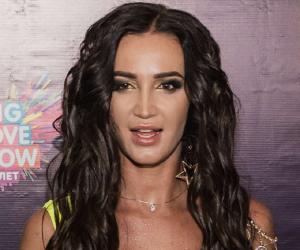

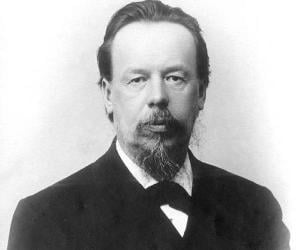
Alexander Stepanovich Popov was a Russian physicist best remembered for his pioneering work in transmitting radio signals. One of the first inventors to come up with a radio receiving device, Popov's work was contemporaneous with the groundbreaking work of Italian inventor Guglielmo Marconi. Popov's life and career inspired the 1949 biographical film Alexander Popov which was directed by Herbert Rappaport.
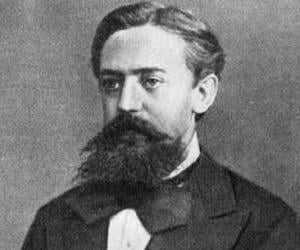
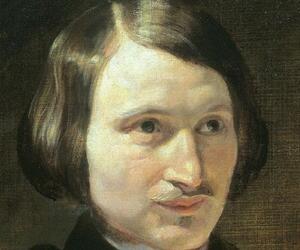
Nikolai Gogol was a Ukrainian author who redefined Russian literature with his novels such as Dead Souls and his short stories such as The Overcoat and Diary of a Madman. Most of his works were influenced by Ukrainian folklore. He was typically fond of the grotesque as a literary element.
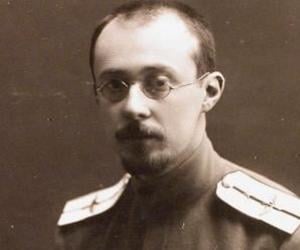
Though born to a ballet dancer father and a pianist mother, Alexander Friedmann grew up to be a talented mathematician and cosmologist. He had served as an aviator during World War I and later also taught. He died of typhoid at age 37 after eating a pear during his honeymoon.
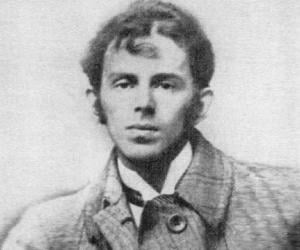
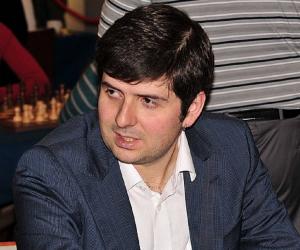
Russian grandmaster Peter Svidler had started playing chess at age 6. Initially mentored by Andrey Lukin, he later grew up to win the Russian Chess Championship eight times. However, in spite of competing in three World Championship tournaments, he never won the world title. He now appears as a chess commentator.
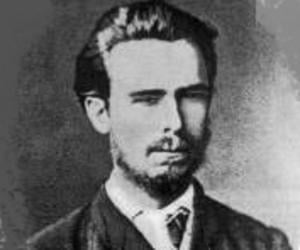
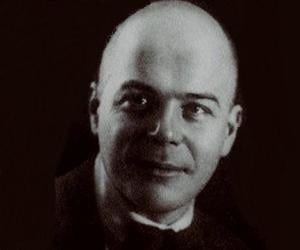
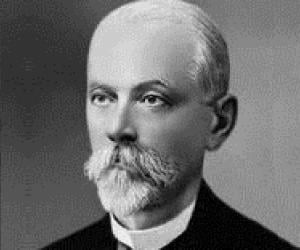
Best remembered for his co-discovery of viruses during his research on the mosaic disease in tobacco, Russian botanist Dmitri Ivanovsky is regarded as one of the pioneers of virology. Interestingly, following his discovery, he didn’t focus on virology much and taught plant anatomy and physiology instead.
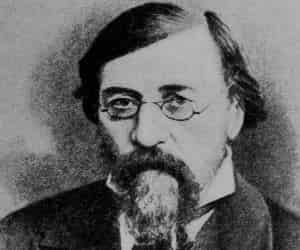
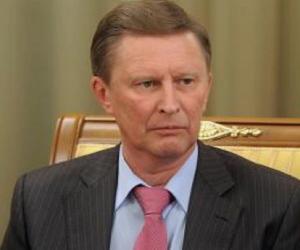
Russian politician Sergei Ivanov has been the Special Representative of Russian President Vladimir Putin on issues related to the environment, the ecology, and transport, since 2016. He has previously also been the First Deputy Prime Minister and the Russian minister of defense. A polyglot, he can speak Norwegian and French, too.
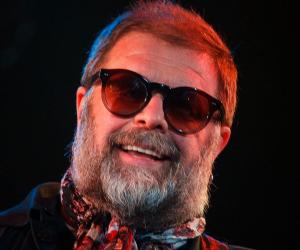
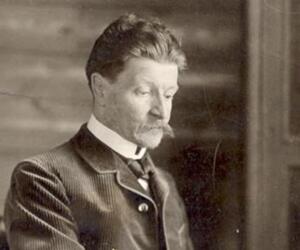
Mikhail Vrubel was a Russian painter best remembered for his expertise in all genres of art, such as painting, graphics, theatrical art, and decorative sculpture. At the start of the 20th century, his art became an integral part of Art Nouveau. In 1905, Mikhail Vrubel was honored with the title Academician of Painting.
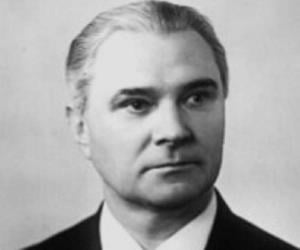
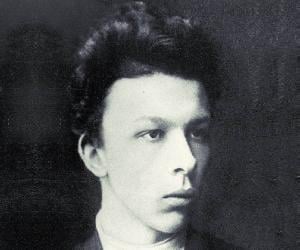
Russian revolutionary Aleksandr Ulyanov was the elder brother of Vladimir Lenin, who founded the Soviet Union. Though initially not interested in politics, he later became involved in St. Petersburg student politics and was part of a plot to kill Alexander III. He was hanged along with four of his comrades.
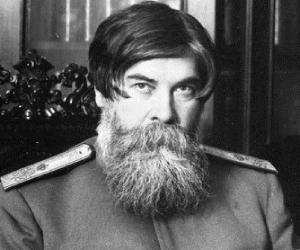
Neurologist and psychiatrist Vladimir Bekhterev is best remembered for his research on the brain and conditioned reflexes and for his pioneering research on objective psychology. He taught at institutes such as the University of Kazan and was also known for his rivalry with contemporary Ivan Pavlov.
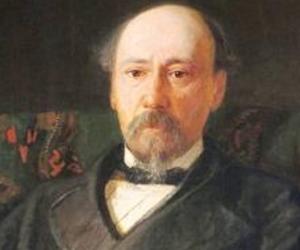
Russian poet Nikolay Nekrasov established himself as a successful businessman before stepping into writing. He bought and developed the magazine Sovremennik, or The Contemporary. Most of his poems, such as Red-Nosed Frost, spoke about the misery of the peasant class. He also introduced the dramatic monologue to Russian literature.
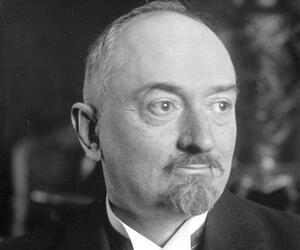
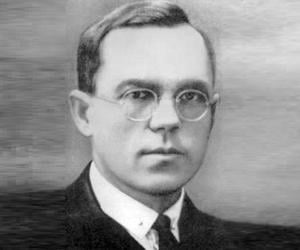
Russian Soviet economist, statistician and proponent of the New Economic Policy (NEP) Nikolai Kondratiev, one of the early leading figures of Soviet economics, is best remembered for the business cycle theory called Kondratiev waves. Major works of Kondratiev include The Grain Market and The World Economy and its Conjunctures During and After the War.
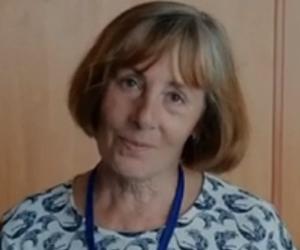
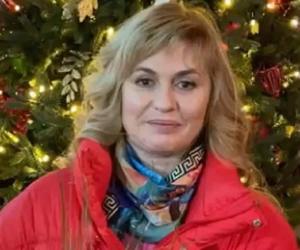
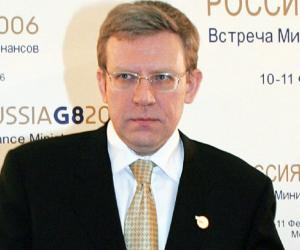
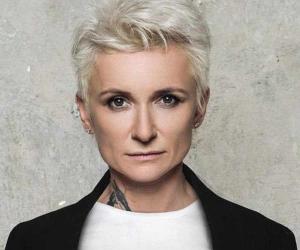
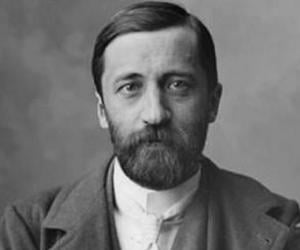

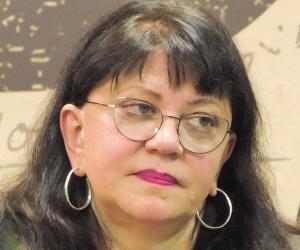
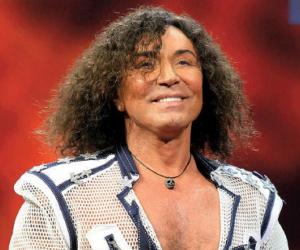
Valery Leontyev is a Soviet and Russian singer who achieved fame during the 1980s. Counted among the most important artistes of Soviet and Russian music, Leontiev was honored with the People's Artist of the Russian Federation title in 1996. Leontyev is also one of the most decorated artistes and is often referred to as a legend by the Russian media.
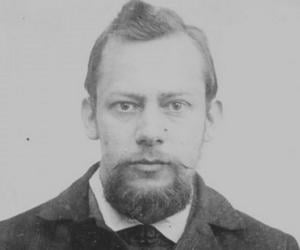
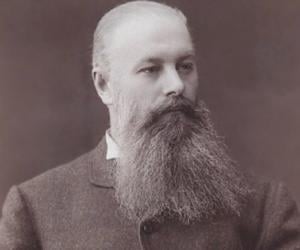
Russian ecologist, geomorphologist, and soil scientist Vasily Dokuchaev initially taught at the University of St. Petersburg and was later associated with the Novo-Aleksandr Institute of Agriculture and Forestry. He developed a soil classification system that explained the 5 factors for soil formation. The city of Dokuchaievsk in Ukraine is named after him.
